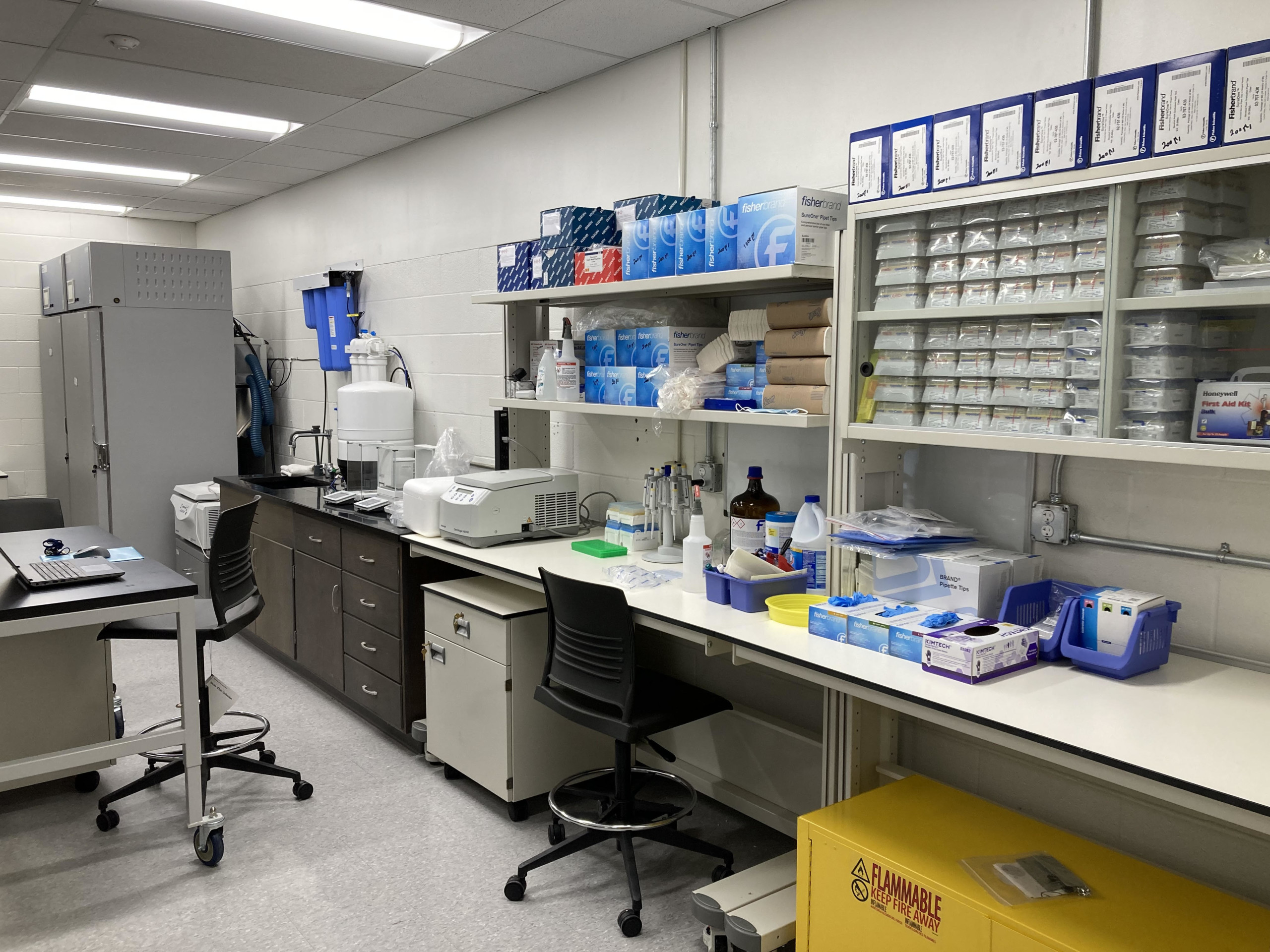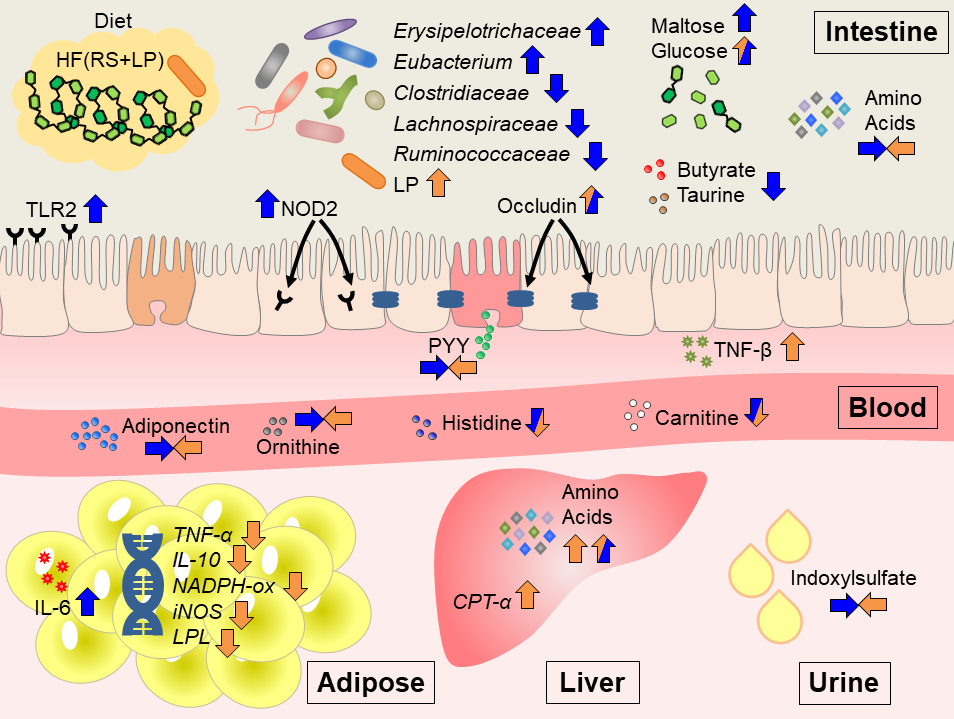Obesity rates have reached “epidemic” proportions globally. Obesity is one of the most important risk factors for the development of cardiovascular diseases, type 2 diabetes mellitus (T2DM), musculoskeletal disorders, and some cancers. Obesity and its associated comorbidities are primary health care challenges with significant societal and economic burdens. Although there are numerous causes of obesity, consumption of energy-dense foods combined with physical inactivity are known to be major contributors. It is increasingly understood that the gut microbiome influences the development of obesity and associated disorders. Therefore, factors which determine gut microbiome composition and function including diet as the primary player should be further understood in order to develop scientifically based dietary strategies to manage obesity and associative conditions. Over the past decade, there has been a growing body of evidence that dietary strategies such as fermentable carbohydrates including prebiotics, and some other plant based bioactive components benefit metabolic health in obese individuals and animal models of obesity through the modulation of gut microbiome. Additionally, consumption of certain microbial cultures (e.g. probiotics) and their products or components, have also shown promise for decreased weight gain or improved obesity metabolic indicators without significant changes in the composition of gut microbiota. However, the precise underlying mechanisms by which these dietary strategies improve the indicators of obesity and related complications remain largely unknown. The focus of my lab is on omics-assisted exploration of the molecular mechanisms by which dietary interventions could improve obesity markers through alterations in the gut microbiome using in vitro or in vivo models.

Research Scientist:

